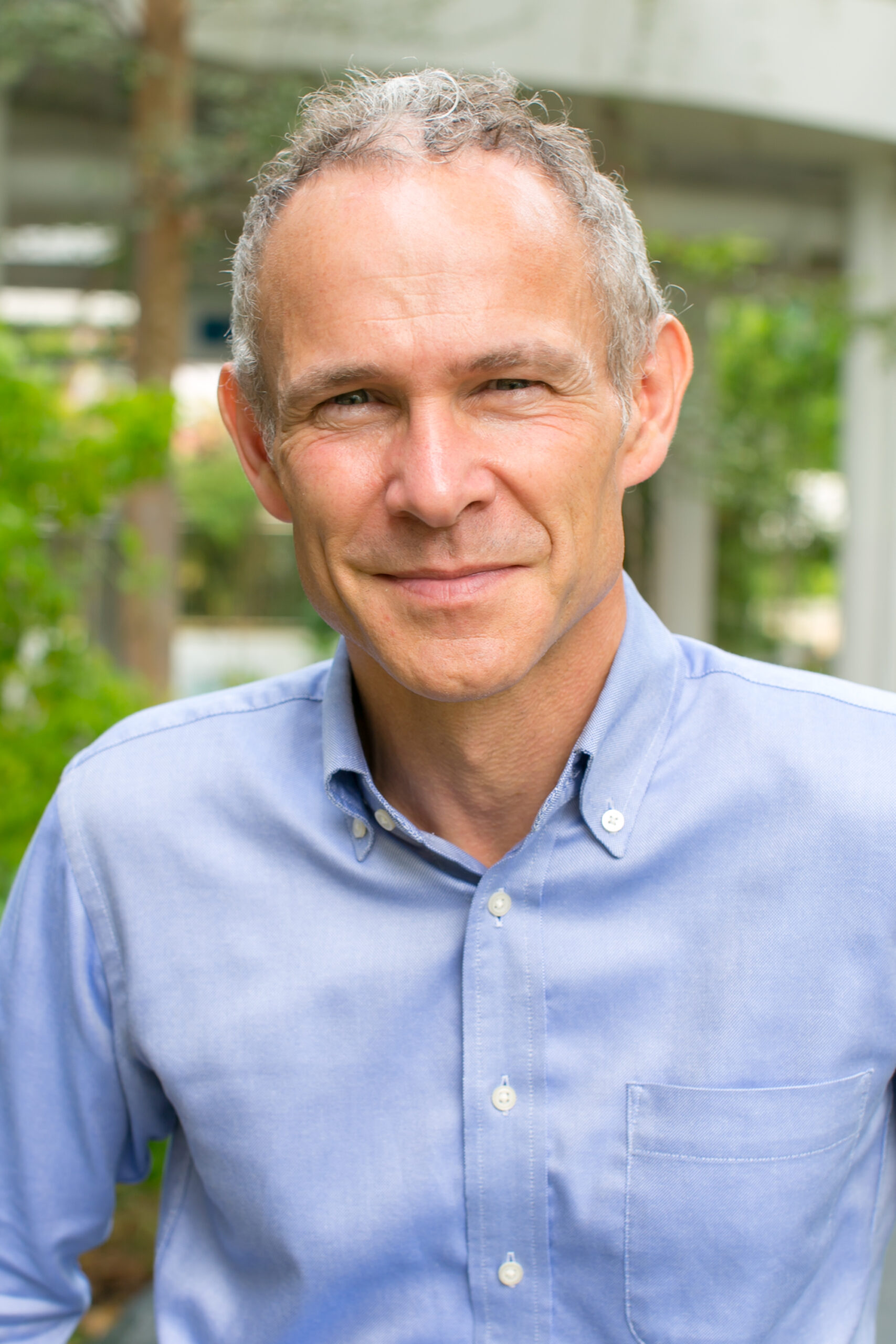IBCP at UWC Maastricht
March 24, 2022
As we have announced earlier this year, UWCM will offer the Career-related Programme (IBCP) to its students from September 2022. Learn more about this programme and the possibilities for alumni involvement from this interview with Nathan Hunt.
IB Career-related Programme at UWC Maastricht
Can you please tell us who you are and what you do at UWCM?
I am Nathan Hunt, the academic co-ordinator of the IBCP programme here (as well as currently Head of TOK and teacher of ESS/ Geo). I have a background in Sustainability Education in particular so I was selected for this role as our first course in the IBCP is Sustainable Business.
What is the IBCP?
A relatively new (10 years) IB programme that combines academic and career-orientated qualifications. More info here. The main part of the programme is the Career-related Study. This year we will offer this in Sustainable Business, but in future we hope to be able to offer other options too, e.g. around Performing Arts or IT.
How is it different from the IBDP? What should alumni of UWCM who did the IBDP think of when they hear IBCP? How does it compare to their IBDP experience?
The IBDP is very broad (6 subjects from all areas + Core) whereas the IBCP is more focused (only 2 or 3 DP subjects from any area + different Core + a career-related study (in our case Sustainable Business). Essentially you can choose to focus on the areas you are interested in, so it is more specialised than the DP. There will be more project-based learning in the CP too, though the majority will be taught in classrooms by UWCM teachers. CP and DP students will share classes (e.g. if they both chose Chemistry) and residences and tutor groups. Thus their experience will be very similar to DP students. You can see a presentation here which might help.
Why did UWCM decide to introduce the IBCP? Are other UWC schools and colleges doing it too?
We wanted an option that we think might be accessible to more students and to give students a choice. Not everyone wants or is suited to taking six subjects in all fields of knowledge. Also with the development of the UWC -wide diploma yet to be introduced, we wanted to offer a curriculum that is tailored to our mission and this was a suitable option. UWC Pearson likewise is introducing their CP in Climate Action this year for similar reasons.
And what are the advantages and disadvantages of the IBCP for the students? What are the main challenges when introducing the IBCP? What opportunities do you see?
These follow from the broad vs specialised difference. DP keeps lots of options open for further study and is widely recognised around the world. However you have to study subjects you may not be interested in or good at. The CP narrows your options for further study and is more suited to those who know what they want to do. Not all universities recognise the CP yet as it is relatively new but this is changing quickly as it grows. However taking the CP will mean you are not going to have access to very academic courses such as Medicine, Engineering etc that will need a DP with strong sciences. However the world’s best university does have CP students and the Davis programme colleges will certainly consider them for scholarships in the same way as DP students from UWC.
Is there any way in which alumni of UWCM can get involved? What exactly could they do to contribute?
Possibly as guest speakers and giving opportunities for internships. Those involved in Sustainable Businesses (as entrepreneurs or employees) will make great role models.
If they want to get involved, who should they contact? And what will be the next steps once they get in touch?
Nathan Hunt @ n.hunt@uwcmaastricht.nl. Next steps would depend on what the reason was for contact.



